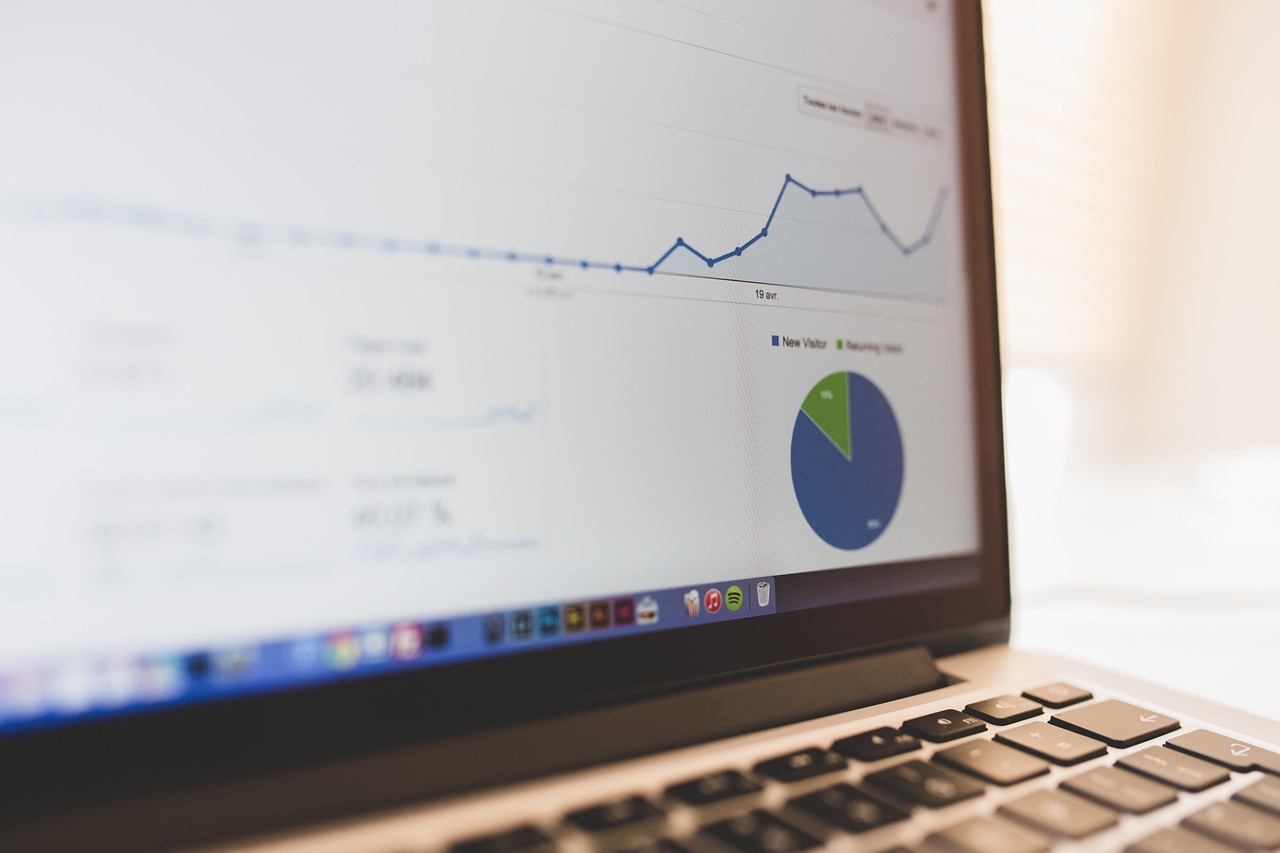As we head into 2025, small business owners and freelancers are facing a major tax shift: the standard deduction is set to roll back to 2017 levels, slashing the amount you can claim automatically and increasing your overall tax liability. What does this mean for you? If you’ve been skipping deductions because tracking them felt like too much of a hassle, it’s time to rethink that approach.
Now more than ever, every dollar you spend on your business matters—and those small, everyday purchases you might ignore? They could add up to thousands of dollars in legitimate tax savings if documented properly.
In this guide, we’ll cover 8 business accessories you can write off, helping you stay compliant while keeping more of your hard-earned money.
Why Business Accessory Deductions Matter in 2025
With the rollback of standard deductions, itemizing your deductions becomes significantly more valuable. For small business owners, solopreneurs, and gig workers, that means tracking everything from mileage and meals to equipment and accessories used in the course of business.
Business accessories fall under the category of “ordinary and necessary” expenses as defined by the IRS, which means if they help you perform your job or run your business, they can typically be deducted.
8 Business Accessories You Can Legally Write Off
1. Laptop and Mobile Accessories
Chargers, External Keyboards, and Docking Stations
Whether you’re working from home, a coworking space, or on the road, having the right accessories for your devices can make a big difference in productivity.
Write-off examples include:
- Laptop stands or cooling pads
- External keyboards and mice
- Phone chargers and adapters
- Bluetooth headsets or earbuds used for calls
💡 Tip: If you use your personal devices for both business and personal use, you can deduct the portion related to business (e.g., 70% of the cost if that reflects your work use).
2. Office Furniture and Ergonomic Accessories
Chairs, Desks, and Monitor Stands
Working long hours means your body needs proper support. If you invest in ergonomic office furniture, these purchases are not just good for your health—they’re deductible.
Write-off examples:
- Adjustable standing desks
- Ergonomic chairs
- Footrests or anti-fatigue mats
- Monitor risers or arms
These qualify as office expenses or capital expenditures depending on their cost, but in most cases, you can fully deduct them using Section 179.
3. Storage and Organizational Tools
File Cabinets, Organizers, and Cloud Storage
Whether physical or digital, staying organized is essential—and fortunately, the tools you use to do so are write-offs.
Deductible items include:
- Filing cabinets and drawer organizers
- Label makers and folders
- Cloud-based file storage (e.g., Google Drive, Dropbox)
- Backup hard drives and external storage
Just make sure you use them primarily for business purposes, and keep receipts or invoices for your records.
4. Travel Accessories for Business Trips
Luggage, Travel Adapters, and Laptop Bags
If you travel for work—even occasionally—your travel accessories are fair game for deductions.
Write-off examples:
- Carry-on luggage or business backpacks
- Travel pillows or ergonomic travel aids
- Travel routers or international power adapters
- TSA-approved laptop bags
You can also deduct costs associated with maintaining these items (e.g., repairs, upgrades).
✈️ Pro Tip: Combine these deductions with your travel meals, lodging, and transportation costs for a more comprehensive tax-saving approach.
5. Tech Accessories for Content Creators
Tripods, Ring Lights, and Microphones
If your business involves creating content—whether for marketing, social media, or client deliverables—then tools that support production quality are deductible.
Qualifying accessories include:
- Ring lights and softboxes
- Smartphone tripods
- Lavalier or USB microphones
- Pop filters or sound panels
Even phone holders and mounts used for recording business-related videos qualify if properly documented.
6. Stationery and Desk Supplies
Pens, Notebooks, and Calendars
It may seem old-school, but traditional desk accessories are still vital tools for many professionals—and fully deductible as office supplies.
Examples include:
- Business planners and journals
- Pens, highlighters, sticky notes
- Whiteboards and markers
- Wall calendars and corkboards
Even small things like staplers, scissors, and tape dispensers count. It might not seem like much, but over a year, these can really add up.
7. Branding and Promotional Accessories
Business Cards, Swag, and Branded Materials
If you invest in items that promote your brand or business, those too can be written off as marketing expenses.
Write-off examples:
- Custom business cards
- Branded pens, mugs, or t-shirts
- Event giveaways or trade show accessories
- Custom packaging materials
As long as these items serve a business purpose, they qualify—even if you give them away for free as part of your promotion.
8. Health and Safety Accessories for Workspaces
Air Purifiers, Disinfectants, and First-Aid Kits
In a post-pandemic world, maintaining a clean and safe workspace is more than smart—it’s often necessary. Fortunately, many health and safety accessories can be deducted.
Deductible items may include:
- Hand sanitizers and disinfectant wipes
- Face masks and gloves (for business purposes)
- Air purifiers or filters
- Workspace safety kits or ergonomic monitors
This is particularly relevant if you meet clients in person or run a business with physical premises.
How to Track These Expenses Efficiently
If you’re serious about maximizing your deductions, tracking every expense is essential.
Tools to Help You Stay Organized:
- Accounting software (QuickBooks, Xero, Wave)
- Receipt apps (Expensify, Shoeboxed, or even Google Drive)
- Dedicated business credit card to easily separate personal and business expenses
💼 Remember: The IRS requires proof for all deductions—keep digital or physical copies of receipts and document business purpose when it’s not obvious.
Final Thoughts
2025 is a wake-up call for small business owners: with the return to pre-2018 deduction limits, the margin for error—or inaction—is shrinking. You can’t afford to overlook expenses that could lower your taxable income.
By writing off everyday business accessories, you’re not only staying compliant—you’re keeping more of what you earn. So, dig out those receipts, organize your workspace, and let your accountant know you mean business this year.
FAQs About Business Accessories Tax Write-Offs
Q1: Can I write off accessories I bought last year?
No, you can only write off expenses incurred during the current tax year unless you’re amending a previous return.
Q2: What if I use an accessory for both personal and business use?
You can prorate the deduction based on your business use percentage. Keep usage logs or estimations to support this.
Q3: Do I need an LLC or business license to claim deductions?
Not necessarily. Sole proprietors and freelancers can also claim deductions, but make sure your income is reported as business income on Schedule C (Form 1040).




